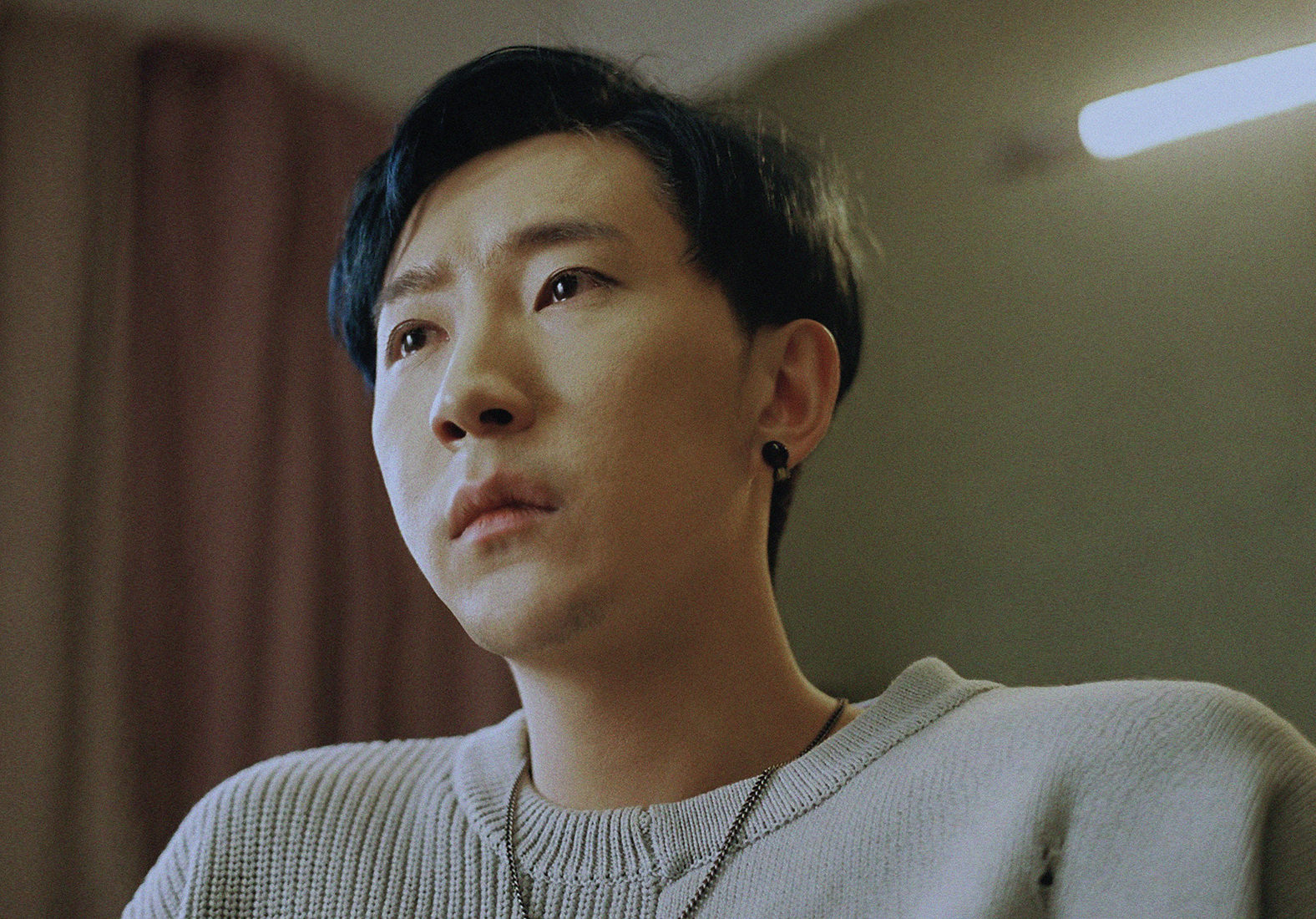I remember back in 2013 when AKB48 Japanese idol member Minami Minegishi was filmed shaving her head while crying an apology to fans for breaking the company’s rules, as she had spent a night with her boyfriend. This was described by Japanese media as a ‘sex scandal’.
I also recall not so long ago in 2018 when K-Pop artists Hyuna and E’Dawn were dropped from their company for dating, described as a ‘relationship controversy’.
In 2017, 27-year-old K-Pop idol member Jonghyun of SHINee died from suicide, his body discovered unconscious in an apartment in Seoul.
In 2019, the suicides of Goo Hara from KARA and Sulli from f(x) were only a month apart in October and November, the latter having been a suicide by hanging.
Only this morning on the news, 28-year-old Yohan of TST was announced dead and currently no cause of death has been announced.
When it comes to idol contracts, these liberties are signed off at incredibly young age when one would not even think about dating, let alone their freedom.
Personally, I am a big fan of J-Pop and K-Pop music. But I am also aware of the strict contracts that the artists must go through, as well as the crazy stories about punishment for an idol in the Japanese and Korean music industry. If they break the rules, there are apparently very deep and somewhat dark consequences. The restrictions of not being able to have your own phone, have your own social life, not being able to control your own schedule, to see your family when you want, or even date, strips them of these freedoms in exchange for success and fame.
Idol, directed by Alex Wu (also the film’s screenwriter), puts a microscope on the immorality of idol culture and life. The film begins with one-sided dialogue in the form of a voicemail message from Wan Ran’s mother. From her message, it seems that Wan Ran, played by a talented Nan Chen, has not seen his family in a while. This little sweet moment soon turns bitter when the voicemail ends on a dark note. It is then that we realise that Wan Ran is not happily chilling on his couch at home, he is waiting for an emergency meeting with his manager to discuss the suicide of one of his fans.
While admittedly I am not well versed in Chinese idol culture, I can imagine that life is not so different and the situation that Wan Ran is thrown into is scarily believable. I understand that in the Western entertainment industry that these rules and these issues are non-existent. However, the problem with idol culture isn’t just the companies than own these ‘products’, the toxicity is sadly derived from the fans. Idols are made to appear accessible and available. They are not allowed to date because it ruins the fan’s fantasy. But no fan will ever get a chance to be with them because they’re not allowed to date anyway. The companies continue to cater for these unhealthy parasocial relationships.
The way that Idol is filmed feels intrusive and uncomfortable. We never see his manager’s face; we only see Wan Ran’s. But Idol is purposefully and beautifully filmed this way to expose every emotion on Nan Chen’s face as he perfectly portrays his character. The film cleverly captures the internal struggles and pain that Wan Ran is feeling for both the personal desires in his life and the looming burdens of being an idol.
When watching Idol, I felt angry that Wan Ran’s guilt was being taken advantage of for something that I believe was not ever his fault. I felt like the other person in the room interrogating him as well, which made me feel even more terrible. His girlfriend and his fan are both collateral damage of the idol entertainment industry. The final moments of the 18-minute-film not only broke me, but left me with many unanswered questions and kept me wanting more. The story is strong, compelling and could easily be expanded into a feature length film.
Initially created as an honours project for the Victorian College of the Arts, not only is this film brilliant, but Idol was self-funded and all shot in a single take. The flawless acting that Nan Chen and Jiapei Wu (also the film’s producer) display is gripping, but would be nothing without Alex Wu’s incredible writing, directing and clever insight. Wu has captured this story with much thought, displaying a maturity beyond his years.
As a fan of K-Pop and J-Pop, I want to point out that not all idol companies are like this. There are many that treat their idols well where they are in fact allowed to date, have their own phones and social media. But Idol is not showcasing the good things about the Asian entertainment industry. The film is exposing the things within idol culture that should and must change.
As I type this, I can proudly share that this film has taken out the ‘Dendy Live Action Short Award’ at the Sydney Film Festival and is so well deserved. I am genuinely excited for Alex Wu’s future in the Australian film industry and I haven’t seen this kind of young talent in Australia for a long time.
Idol is raw, powerful and is a film that everyone needs to see before the Sydney Film Festival is over.
The Sydney Film Festival is running digitally for 2020 until the June 21.
For more information on the festival and to watch the film, visit: https://www.sff.org.au
For more information on Alex Wu, visit: http://alexwufilm.com
